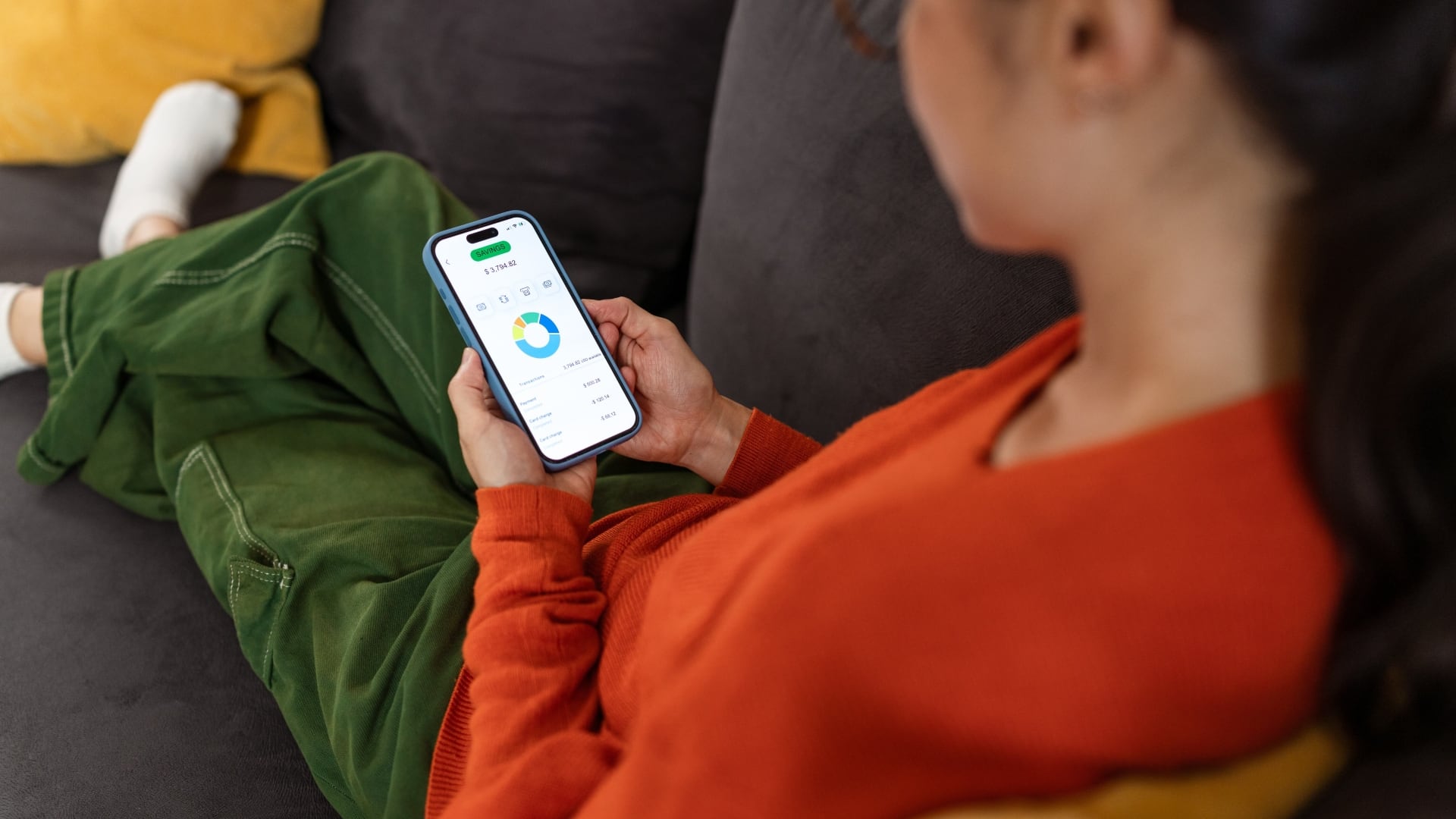*By Madison Alworth* Dolo could be your new favorite social platform. The location-based app encourages people to meet in real life ー and do something. "We wanted to go back a little bit to the basics of what it means to actually connect with people we don't know," said Raja Haddad, the CEO and co-founder of Dolo. Those basics, according to Haddad, begin wherever the user is. "We picked location as that context of relevance, because we all share a sense of experience in location," Haddad said in an interview Thursday with Cheddar. "And we figured that technology hasn't figured out a good way yet to connect us and give us a platform to chat with people around us." On Dolo, users can find someone to play pick-up basketball or ask where to find the best nearby happy hour deals. Users can go by their real name or a pseudonym, and they can mask their picture with a cartoon that is removed for someone who is designated as a friend. Users' accounts are verified by a phone number. Unlike other social platforms like Facebook, Snapchat, or Instagram that connect users with real-life friends, Dolo wants to connect users with other people online they may not already know, but who are nearby and willing to meet in real life. Haddad and Ben Vigier, Co-founder and CPO of Dolo, started the business after initially meeting at Apple in 2010. The pair first collaborated on the Apple Store App before Haddad moved onto Apple Watch and Vigier to Apple Pay. Now, their project is Dolo. Haddad and co-founder Ben Vigier, first met in 2010 when they worked at Apple. With Dolo, they aim to build real-life connections ー a goal shared by a number of social platforms, like Facebook. But the Dolo co-founders said they are trying to learn from Facebook's mistakes. "Research has shown that in a very connected world, we are feeling very lonely and isolation these days," said Haddad. "It's an opportunity right now, and especially at this time, to sort of build something from scratch, build it with the users in mind, with the respect of what they want and what they don't want, build it with the idea of positive connections, and sort of see where that goes." For the full interview, [click here](https://cheddar.com/videos/new-social-platform-wants-you-to-connect-with-strangers).








